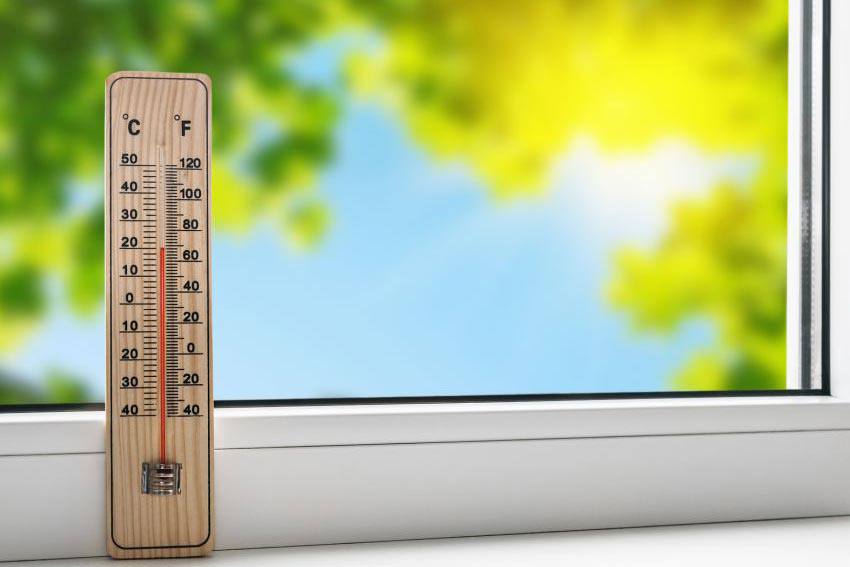Why travellers prefer Blue Cross
- Canada's #1 travel insurance brand and recognized worldwide
- Over 75 years of expertise in insurance
- $5 million travel insurance coverage, with or without deductible
- Flexible and affordable travel insurance solutions
- Free quote available online
- Travel assistance available 24/7 for any emergency, anywhere you travel

How to deal with a heat wave
Published on: June 15, 2015
Summertime is here, and our thoughts turn to having fun outdoors and enjoying the sunshine. But it’s important to remember that severe summer heat can be deadly. Toronto and Montreal experience roughly 120 heat-related deaths each year, and climate scientists expect this number to double by the year 2050. You can protect yourself and your family by recognizing the symptoms of heat-related illness and taking a few simple precautions.
Symptoms to watch for
Elderly people, infants and those whose jobs take them outdoors during heat waves are at highest risk. Symptoms that could indicate a problem include the following:
- nausea
- vomiting
- dizziness
- headache
- fainting
- extreme thirst
- rapid breathing and pulse
- decreased urination
- muscle cramps
CBC recommends that anyone who experiences these symptoms should go to an air-conditioned location and drink a couple of glasses of water. If the symptoms don’t resolve quickly, it's important to seek medical help.
Stay cool
Spend as much time as possible in an air-conditioned environment, even if that means you have to leave your home and spend a few hours at a shopping mall or movie theatre. Larger cities offer cooling centres, some of which open at dawn during major heat waves. These centres are available all day long for people who don’t have air conditioning in their homes. If you use a fan at home, make sure it’s placed in an open window, so you can redirect the cooler air in. Blowing super-heated air onto yourself can actually worsen heat exhaustion. Always wear a wide-brimmed hat to protect your skin from direct sunlight, and work in the shade when you can.
Drink plenty of fluids, and remember to relax
Carry bottles of water with you or consume sports drinks that contain electrolytes. You can also add a pinch of salt to a pitcher of lemonade to achieve the same result. If possible, minimize your physical activity, especially during the middle of the day, when temperatures are at their highest.
Several Canadian cities are introducing heat alert and response systems to warn vulnerable populations about heat waves. Take advantage of these if they are available in your area.
By taking basic precautions, you can protect yourself, your family and your neighbours from heat-related dangers.